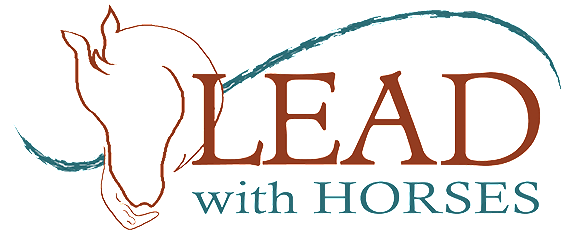The Art of Forgiving
Why Forgiveness?
Several postings ago I talked about acts of kindness: interpersonal kindness and the kindness we show ourselves. I noted research on kindness and how, when it’s used often and with purpose, we feel better about ourselves and the world around us. Compassion is born out of kindness. Sooner or later, it becomes a habit when we practice compassion - being consciously aware that we are being kind, with no condition or agenda. Such thinking and doing are actually wired into our minds, and we become compassionate without thinking about it.
Forgiveness, on the other hand, is not so easy to master because there is so much self-examination involved. There is a great deal of fear in thoroughly forgiving because it means that we are often guilted or shamed by our offenders for taking care of ourselves! But the research into forgiveness demonstrates again and again the benefits that  arise out of forgiving:
arise out of forgiving:
- Lower Blood Pressure & Heart Rate.
- Less Anxiety & Stress.
- Stronger Immune System.
- Less Depression.
- Reduced Anger and Hostility.
- Healthier Relationships.
- Greater Self-Confidence.
- Lower Risk of Alcohol & Substance Abuse.
When we do not forgive, we leave ourselves open to the pain of anger, hate, hurt, resentment, and bitterness. The consequence of holding these can create health issues, harm relationships, and stop us from experiencing the liberation that truly forgiving brings up and out into the open.
For the sake of our discussion, I am going to talk about 2 different kinds of forgiveness:
- Pseudo Forgiveness.
- Genuine Forgiveness.
First, Pseudo Forgiveness
Pseudo Forgiveness, while given with the best of intentions, actually originates from the head. This is the kind of forgiveness that many of us have learned in our families of origin and hinges on the idea that if someone says they’re sorry, that ought to be enough to warrant forgiveness. It stands on pseudo logic and the belief that if we, the offended, just put enough mental effort into it, we can talk ourselves out of the hurt and sense of woundedness. And so, we say I forgive you. Again, and again, and again. We deny that we are hurt and minimize the harm done to us. We tell ourselves that we are just very forgiving, stay open to exploitation by others, continue to accrue pain, and wonder why things don’t get better. There is little healing in Pseudo Forgiveness. Such acute or chronic pain can’t be nullified through rumination nor will it go away by talking about it. In the end, we wind up being enablers of bad behavior because we lack the strength to hold our perpetrators accountable, and we make excuses for them. Meanwhile our capacity for self-compassion and empathy is eroded.
Genuine Forgiveness
To forgive does not mean condoning or excusing offenses.
Genuine Forgiveness, on the other hand, originates from our soul, implying the depth of work needed to be done in order to reconcile ourselves with the pain of wounds sustained from others. Or things. Or events. Forgiveness is defined as a conscious, deliberate decision to release feelings of resentment or vengeance toward a person or group who has harmed you, regardless of whether they actually deserve your forgiveness.
When we genuinely forgive, we don’t gloss over the truth of the offense, the depth of the wound, or our part in the offense. This means taking a brave stance and in a non-judgmental way, looking carefully at all the moving parts inside of us. Forgive and forget are not a part of this equation. Forgiving is a decision; forgetting (I prefer the word tempering) is an inner process. To forgive does not mean condoning or excusing offenses. Though forgiveness can help repair a damaged relationship, we are in no way obligated to reconcile with the person who harmed us, or to release them from legal accountability.
Unlike horses, who are able to confront one another’s offenses directly and then shake it off, humans need courage to enter the dark cave of forgiveness. A LOT of courage. And the willingness to sit with some very powerful and painful emotions such as shame, guilt, and immense grief.
In our programs for children and families, our Healing Herd provides a wellspring of tolerance, patience, and presence in abiding with such heavy business as forgiving and sharing the load. Deciding to forgive is only the first step. Our horses are ready to join up in partnership when the work begins.
